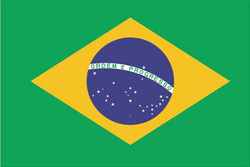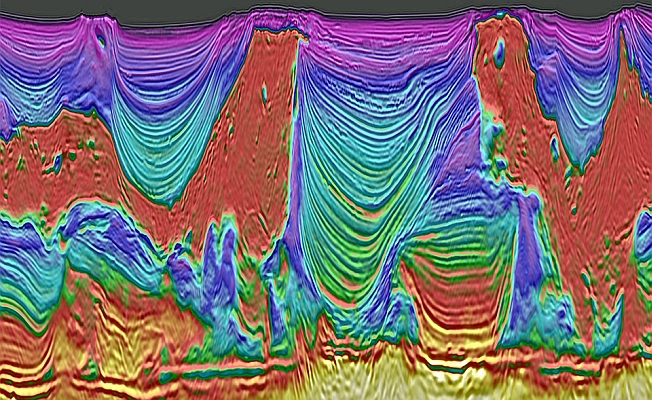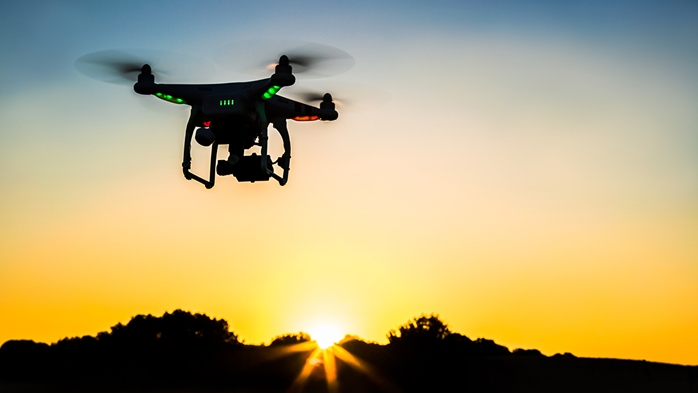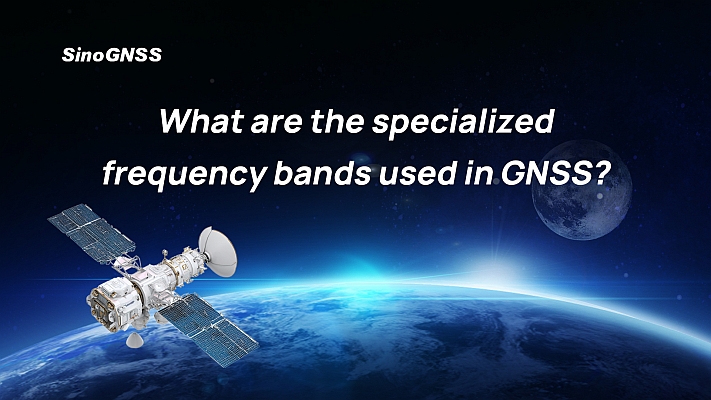The science that supports the precise pinpointing of people and places should be shared more widely, according to the United Nations General Assembly as it adopted its first resolution recognising the importance of a globally-coordinated approach to geodesy – the discipline focused on accurately measuring the shape, rotation and gravitational field of planet Earth.
The General Assembly resolution, A Global Geodetic Reference Frame for Sustainable Development, outlines the value of ground-based observations and remote satellite sensing when tracking changes in populations, ice caps, oceans and the atmosphere over time. Such geospatial measurements can support sustainable development policymaking, climate change monitoring and natural disaster management, and also have a wide range of applications for transport, agriculture and construction.
Emphasising that “no one country can do this alone,” the General Assembly called for greater multilateral cooperation on geodesy, including the open sharing of geospatial data, further capacity-building in developing countries and the creation of international standards and conventions.
Fiji
Co-sponsored by 52 Member States, the resolution was originally put forward by Fiji. ambassador Peter Thomson, Fiji’s Permanent Representative to the United Nations, explained that, as a Small Island Developing State, Fiji is vulnerable to increasingly severe natural disasters, sea-level rise and other problems triggered by climate change, but uses geodesy data to plan as best as it can. The country’s government fully realises the importance of critical geospatial infrastructure and information in helping countries and decision-makers make more informed, evidence-based decisions on mitigation and preparedness, ambassador Thomson stated.
Fiji also highlighted the power of precise positioning for United Nations peacekeeping, for which it contributes troops. Ambassador Thomson said he believes that additional accurate geospatial data will help the blue helmets take decisions in an often volatile operational context, leading to greater effectiveness of UN missions.
Crucial year
Wu Hongbo, the United Nations Under-Secretary-General for Economic and Social Affairs, praised Member States’ efforts to discuss, deliberate and decide on issues relevant to positioning geospatial information and, noting that geodesy is fundamental for monitoring changes to the Earth, “stressed the significance of the global geodetic reference frame in supporting sustainable development.
2015 is a crucial year in which world leaders will be called upon to determine the global course of action to improve people’s lives and protect the planet. With key finance, sustainable development and climate change conferences approaching, the focus on practical solutions and international cooperation in today’s resolution sets the right tone.
For more information: Committee of Experts on Global Geospatial Information Management (http://ggim.un.org) and the Working Group on Global Geodetic Reference Frame (http://ggim.un.org/UN_GGIM_wg1.html).
Source: GIM International







